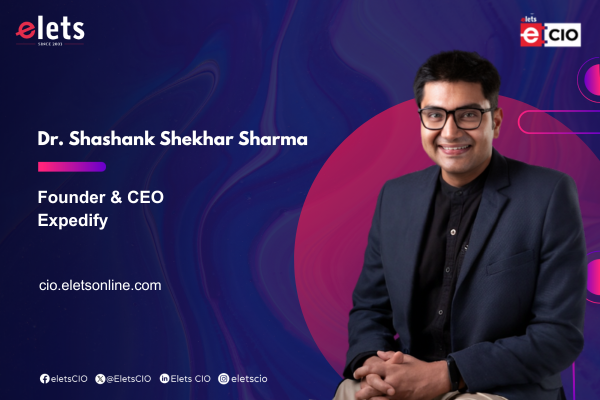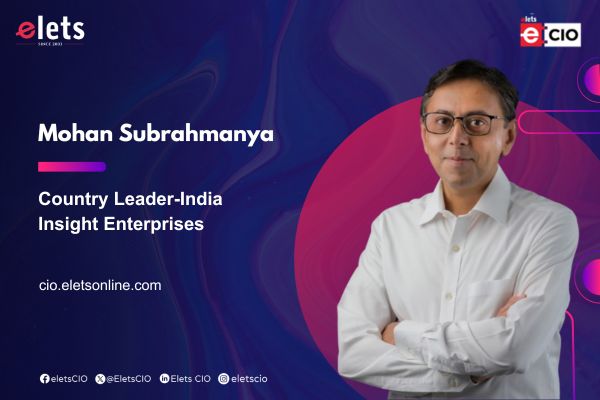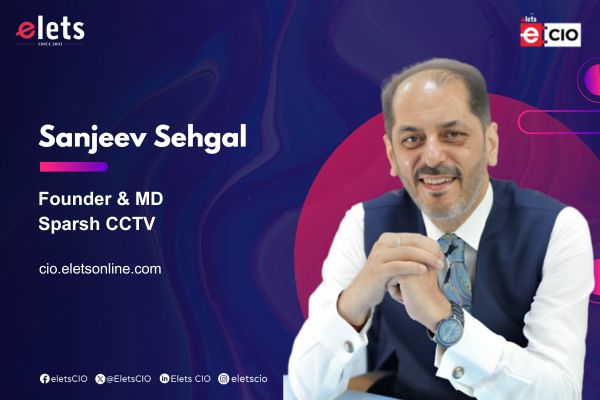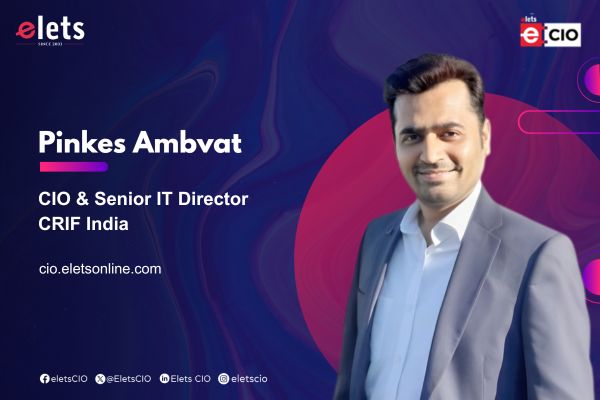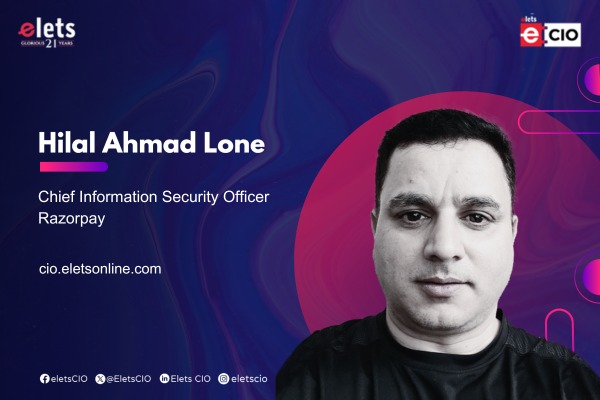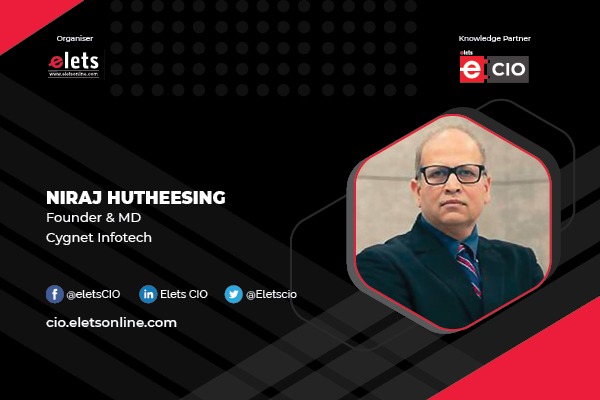
Today, technology is playing an important role in transforming the various segments of healthcare sector. As the healthcare industry is counting the various benefits of flash storage, Dell EMC’s all-flash storage portfolio, expertise and proven offerings are helping the healthcare sector transform itself, says Abhijit Potnis, Director Technology Solutions – India and SAARC, Dell EMC, in conversation with Rajbala of Elets News Network (ENN).
Tell us about the Dell EMC flash storage portfolio.
As traditional organisations are challenged by new business models from new age organisations, the digital transformation is top of their agenda. Such organisations are looking at ways to optimise their investments in their current applications (also known as platform 2) environments and at the same time invest that money into new age (also known as platform 3) applications.

As a result, CIOs are currently looking at ways to modernise their data centres to bring in agility, speed and efficiency in operations. Storage plays a very important role in data centres achieving these goals, therefore, CIOs are intensely looking for storage infrastructure.

To complement this transition, Dell EMC had announced 2016 to be the “Year of All-Flash”, as solid state drives overtook traditional disk-based arrays for primary storage. With nearly 40 percent share in the all-flash market, Dell EMC is expanding its portfolio to help customers modernise data centres. The launch of VMAX all-flash added to an already robust flash portfolio with the market-leading XtremIO all-flash array and all-flash configurations of the Unity Series.

Our flash storage options offer a wide variety of data services, including capacity-saving data reduction through de-duplication, thin provisioning, space-efficient snapshots, advanced encryption, delta differential-based replication and industry-leading security features. Further, the flash industry will keep on advancing itself and bring-in new innovations to serve the requirements of the major verticals like healthcare to manage the complexity across the network.
“All-flash solutions have helped IT teams to meet the requirements of initiatives such as evidence-based care, electronic health record (EHR) systems and big data analytics. Healthcare organisations can further leverage efficiency, compliance and outcomes with all-flash storage. ”
IT plays an essential role in improving healthcare, how is your flash storage portfolio helping healthcare to perform at its best?
Health IT, better known as health information technology, consists of designing and creation, using information systems for the development of the healthcare industry. The role of flash storage in the healthcare industry has been incredible. Driving performance and efficiency benefits through all-flash arrays have allowed healthcare organisations worldwide to drastically improve patient outcomes making the process more productive. All-flash solutions have helped IT teams to meet the requirements of initiatives such as evidence-based care, electronic health record (EHR) systems and big data analytics. Healthcare organisations can further leverage efficiency, compliance and outcomes with all-flash storage.
Dell EMC has helped Baptist Health address desktop management challenges by deploying a single 10TB X-brick Dell EMC XtremIO all-flash array, a 1350 user VMware Horizon View VDI environment, VMware vCenter,and Cerner Instant Access.
Apart from this, we have also worked with Boston Scientific by deploying XtremIO, which is capable of maintaining high performance even during patching operations and while rolling out new desktops. The single XtremIO X-Brick not only radically simplified what had been a time-consuming process, but was also cost-effective.
Also, Vidant Health chose Dell EMC XtremeIO to transform its Epic HER and support delivery of new strategic IT initiatives.
In the wake of the growing need for data usage, what are the challenges and opportunities for companies and your organisation?
Data is very critical for any organisation, and hence it must be protected at all cost. With the growing need for data usage, we see plenty of opportunities and threats which have emerged for various organisations. An enterprise can leverage data by collating information from across their particular industry. This gives them a competitive edge by highlighting the potential gaps that need to be filled to beat their competition.
The challenges still remain as security concerns with rising cyber-threats and the need to implement better data storage solutions. Inefficient handling of data can lead to problems, with different verticals not using data in the right way in the organisation.
What are the emerging storage trends in 2017?
The storage trends in 2017 focuses on cloud-to-cloud backup, containers and non-volatile memory express. Cloud-to-cloud backup lets enterprises to transfer data stored from a particular cloud service to another.
Container virtualisation is expected to dominate in 2017 in areas such as data protection, storage consumption and motility. An increase in shipments for server models along with hybrid and all-flash storage arrays is expected in 2017.
Be a part of Elets Collaborative Initiatives. Join Us for Upcoming Events and explore business opportunities. Like us on Facebook , connect with us on LinkedIn and follow us on Twitter.
"Exciting news! Elets technomedia is now on WhatsApp Channels Subscribe today by clicking the link and stay updated with the latest insights!" Click here!


